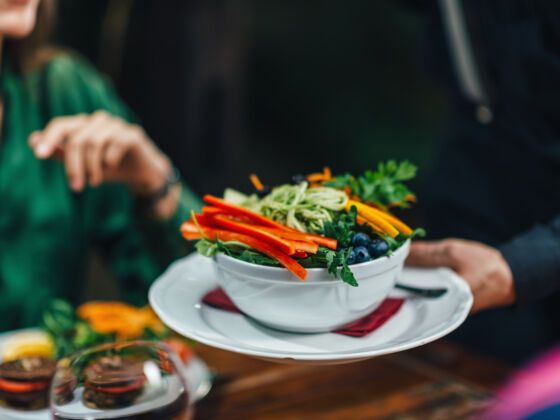Traveling with diet restrictions can be difficult — especially if you don’t speak your destination’s native language fluently. For vegetarians and vegans, the situation is even more complicated because not every culture defines a meatless diet the same way.
Whereas absolutely zero animal products is the norm in certain countries, cooking staples like fish sauce or butter are hard to avoid in others. In some cases, the English words vegetarian or vegan are used. In others, there’s no direct translation — particularly in places on either end of the extreme, such as where a vegetarian diet is common or where people have little to no vegetarian culture.
